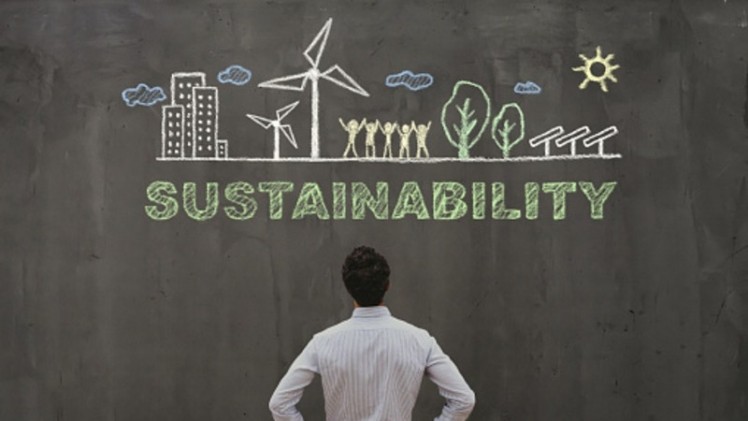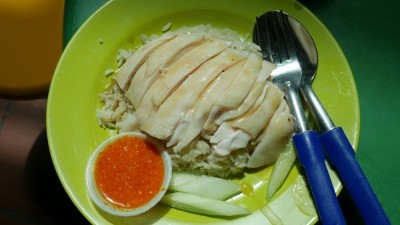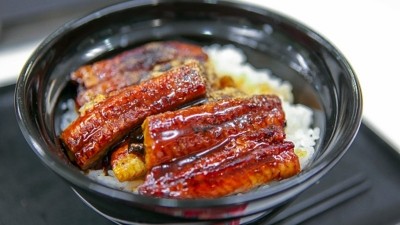Sustainability Snippets: Kirin's packaging plans, Mondelez's sustainability focus, South Korea's recycling updates and more feature in our round-up

‘Revitalising real beer’: Kirin to boost core category and sustainable packaging – strategy update
Japanese beverage giant Kirin has highlighted its plans to boost the long-suffering domestic beer market as well as innovating with sustainable packaging.in a new medium-term business plan.
According to the firm, so-called ‘real beer’ - usually meaning traditional lagers - has seen a continuous decline over the past two decades.
“One of our main objectives in the new Kirin Group Medium-term Business Plan from 2022 to 2024 is to revitalise the domestic beer market by developing products which are highly attractive to consumers,” Kirin Corporate Communications Manager Naoto Kobuna told FoodNavigator-Asia.
Mondelez exclusive part II: Sustainability and affordability key for ASEAN snacking growth – Malaysia and Singapore MD
Mondelez International’s newly appointed Managing Director for Malaysia and Singapore believes that it is crucial to build in sustainability and affordability as core business components if it is to grow its snacking business in the region, even if that means tackling more challenges head on.
Narmeen Khan was appointed as the Mondelez’s Managing Director for its Malaysia and Singapore businesses in February 2022, and revealed localisation and digitisation as important priorities in her plans for the region in part I of this exclusive interview.
In addition to these, Khan also told us how the firm views sustainability and affordability as key criteria that need to be built into its snacking business in order to achieve sustainable growth.
Recyclability ratings: South Korea further tightens conditions for food packaging to be accepted as ‘recyclable’
The South Korean government has updated national standards for food packaging recyclability, meaning that food and beverage manufacturers will need to review their current packaging to ensure it doesn't fall into the ‘difficult to recycle’ category.
Over the past few years, South Korea has placed very strong emphasis on perfecting its local recycling system and policies particularly with regard to food and beverage packaging, ranging from enacting a specific new act on recycling in late 2019 to making various modifications to recycling labels and symbols to ensure consumer compliance and understanding.
Prime upcycling opportunity: How Dole and Frucor Suntory are repurposing waste streams for product innovation
Major juice firms such as Dole and Frucor Suntory have revealed how they are tapping into the upcycling trend by finding new uses for fruit waste streams from their existing production supply chains.
The juice sector in APAC has emerged as a prime candidate for the upcycling movement, with by-products in both the pre- and post-production processes of juice-making surfacing as having high repurposing potential.
In this edition of our FNA InnovATE series, well-known juice firms in the industry share their insights on the potential to develop new juice products from existing manufacturing streams, as well as upcycling the by-products from juice production into entirely new products.
‘Breaking the bottleneck’: Mengniu urges Chinese government to do more to boost dairy self-sufficiency amid consumption drive
Chinese dairy heavyweight Mengniu has urged the government to focus efforts on boosting local dairy self-sufficiency alongside its efforts to increase consumption, highlighting that a dependence on dairy imports is not an effective food security strategy in the long term.
China’s Ministry of Agriculture and Rural Affairs (MARA) recently released the ‘National Action Plan to Boost Dairy Competitiveness’ in conjunction with the country’s 14th Five-Year Plan, highlighting nine major areas within the dairy industry that will be receiving more focus over the next several years.
These include areas such as streamlining the supply chain management for the dairy sector, utilising better technological developments to improve production, stabilising the commercial distribution of dairy, improving safety monitoring, processing technology and marketing.















